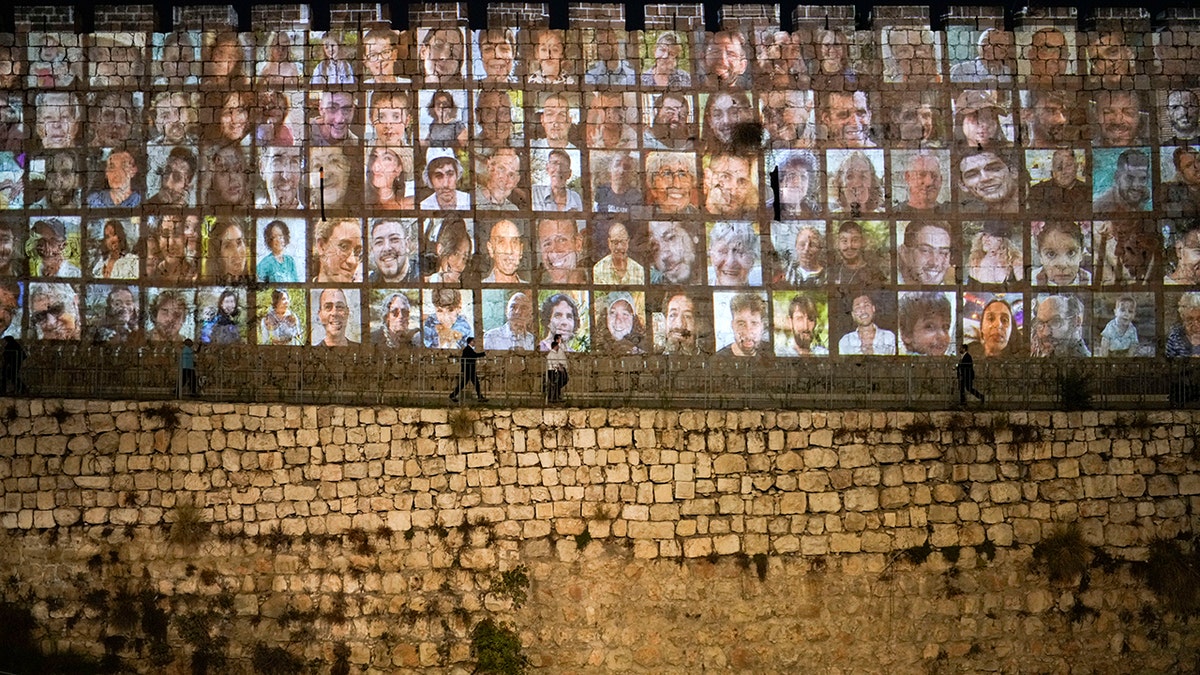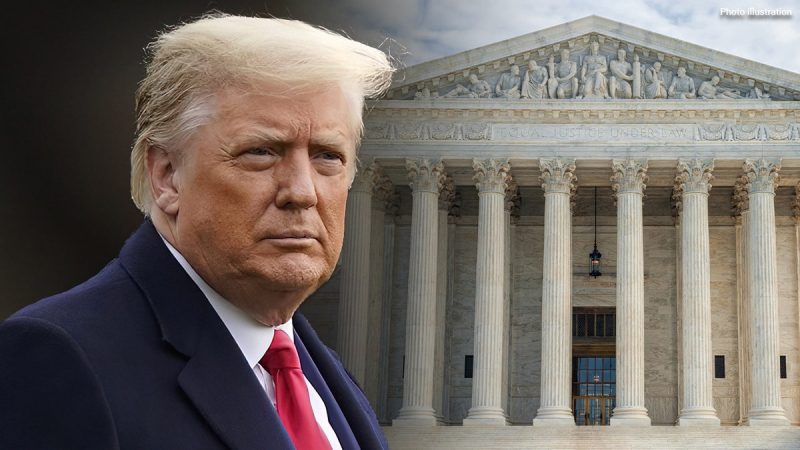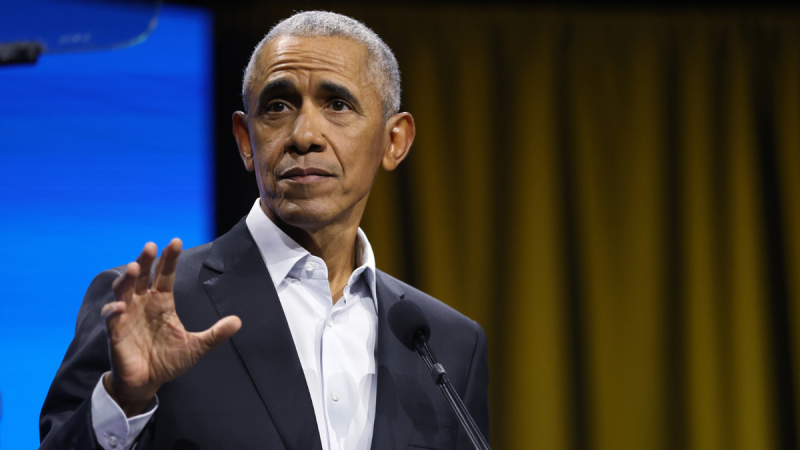TikTok insiders slam alleged bias against pro-Israel posts claim company: ‘serve Hamas’ narrative’

JERUSALEM – A few weeks after thousands of Hamas terrorists infiltrated Israel on October 7, murdering 1,200 people and brutally kidnapping some 240 individuals, including more than 30 children, the devastated families of those held hostage in the Gaza Strip launched a global campaign demanding their release.
With assistance from marketing and advertising professionals, the newly created Hostages and Missing Persons Forum in Israel turned to powerful social media platforms used by billions of people worldwide and asked to place paid advertisements to raise awareness of their plight.
Mostly short video clips depicting the lives of ordinary civilians and children held captive by a U.S.-designated terror organization, multiple ads were placed on Meta platforms Facebook and Instagram, but the Chinese-owned video-sharing app, TikTok, refused to accept any of them, deeming them 'too political.'
Meanwhile, the social media platform, which has faced accusations of not doing enough to clamp down on hate-filled antisemitic and anti-Israel content and which Jewish employees at the company revealed recently allows politically motivated employees to enforce its moderating policies, readily accepted paid campaigns highlighting the plight of Palestinian children in Gaza.
An internal memo, written by a senior TikTok employee in the Israel office and seen by Fox News Digital, highlighted in detail an unequal policy toward the paid humanitarian campaigns pitched by Israeli families as compared to pro-Palestinian groups, as well as a flippant, even biased, approach to organic content uploaded by users to the site that is graphically violent and deeply inciting – violating some of the company’s own community guidelines.
A spokesperson for TikTok responded by saying, 'These allegations are false and do not reflect TikTok policies in any way.'
'We are clear in our advertising policies what content is allowed to be advertised and apply those policies equally to all ads on TikTok,' the spokesperson said, adding, 'We invest heavily in training our moderators to apply these policies consistently.'
However, the memo, which was sent to senior management at TikTok, noted that while some efforts have been made to remove antisemitic posts and content with misinformation about Israel, there are many employees within the company – primarily those working as moderators within the Trust and Safety Unit – who have openly expressed 'support for terrorism or endorsed extremist movements' that work against Israel.
'This, very likely, influences the amount of hostile propaganda against Israel and Jews and harmful misinformation on our platform, both in the USA and Europe,' the Israeli employee said, noting that TikTok’s approach to the polarizing Israeli-Palestinian conflict has created an extremely hostile environment for Jewish and Israeli employees, a fact highlighted in a previous report on FOX Business.
Multiple screenshots taken from TikTok’s internal employee chat platform, Lark, and shown to Fox News Digital, show how Trust and Safety officers celebrate the barbaric acts of Hamas and other Iranian-backed terror groups, such as the Houthis in Yemen, who have disrupted global shipping routes by firing ballistic missiles toward U.S. troops and Israel.
In one specific example, a moderator joyfully expressed gratitude that TikTok allowed the controversial account of Salah al-Jafarawi, a Palestinian photographer based in Gaza who has been accused of sharing fake content and is said to be close to Hamas, to stay online. Sometimes referred to as 'MR. FAFO' and 'MR. Pallywood,' al-Jafarawi has shared some extremely violent and disturbing content with millions of his followers on TikTok. In November, Instagram suspended his account following complaints, though it later reinstated it.
Also on Lark, a TikTok employee in Nashville, Tennessee, promoted guidelines from the Boycott, Divestment, and Sanctions movement against certain U.S. products and companies that are connected to Israel, despite local legislation in that state making such an act illegal.
A statement on the company’s blog posted on December 7 noted that TikTok is now doing more to invest in training for moderators together with experts 'to address implicit bias and the unique aspects of hateful ideologies.'
'We provide ongoing training for our content moderation teams to identify evolving hateful behavior, symbols, terms, and offensive stereotypes,' the company told Fox News Digital. 'We also regularly engage with our community and experts to strengthen our approach against hate.'
However, the Israeli employees claimed in a memo that, as a matter of policy, TikTok rejected the Israeli campaign to raise awareness of the 240 people, including U.S. citizens, abducted by Hamas as political, in favor of 'humanitarian campaigns that serve Hamas’ narrative, while fundraising for children in Gaza.'
'Labeling kidnapped babies, women, children, and elderly citizens who were taken from their beds by Hamas-ISIS as a ‘political issue’ is, at the very least, one-sided,' the memo’s author wrote. 'This way, American users are BOMBARDED with paid ads that present the misery of children in Gaza (not mentioning, of course, the massive humanitarian aid entering Gaza and stolen by Hamas as indicated by the U.N.), some with a high budget (according to our own company's top ads creative center) while ads that show the humanitarian tragedy of Israeli hostages cannot be presented to these audiences.'
Yossi Lubaton, an advertising professional who heads content creation for the non-profit Hostages and Missing Persons Forum in Israel, confirmed to Fox News Digital that TikTok was approached a few weeks after the October 7 massacre and asked to place content as part of the humanitarian campaign to appeal for the release of the hostages.
'We were told that according to their policy, we were unable to place paid campaigns because they were considered too political or too graphic,' he said. 'They told us it was a strict policy that was applied to the Israeli side, as well as to the other side, and so we started to put the paid campaign on Facebook and Google instead.'
Videos from the campaign shared with Fox News Digital show an initial clip of the civilian hostages engaged in an ordinary act, such as dancing or attending a soccer match, which then flips to a poster showing the faces of additional civilians held captive by Hamas in Gaza. The messaging is, 'Bring them home now.'
'Our campaign is based on humanitarian policy, kidnapping children and civilians is a war crime and Hamas should release them,' Lubaton said.
Lubaton said that the forum did not appeal TikTok’s policy and that while Meta rejected a handful of the ads based on its policy, the majority were placed on Facebook. A search through Meta’s 'ad’s library' shows that almost all the ads submitted ran on the site.
TikTok told Fox News Digital that paid ads were accepted and rejected on the basis of compliance with its advertising policies and Community Guidelines and not on whether they were related to a current event or favorable to a country.
The company said its advertising policies did not allow for political advertising, 'including the use of campaign slogans,' and that it also prohibited ads that contained 'depictions of war, weapons, hostages, and violence.'
TikTok, however, does allow humanitarian advertising campaigns from non-profit organizations, including some Israeli NGOs, which might explain how so many campaigns for Palestinian children were permitted on the platform.



